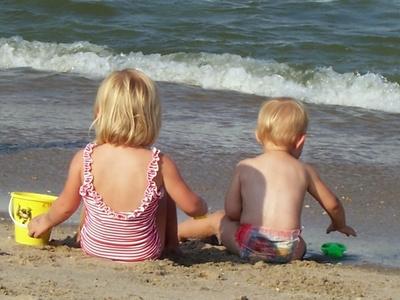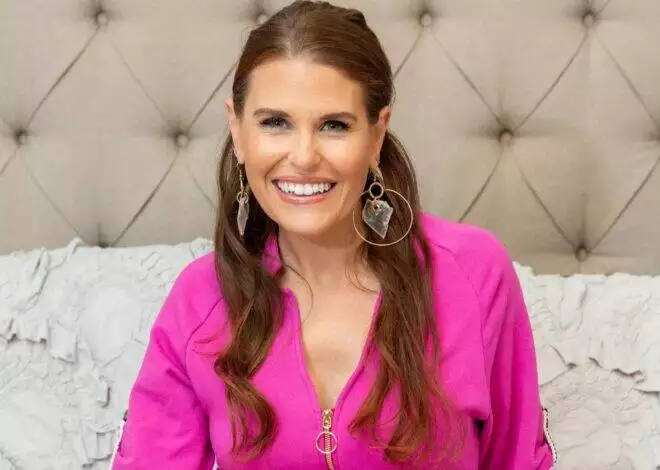People have long-suspected that birth order affects your personality, behavior and even lot in life. First-borns tending to be the smartest and last-borns tending to be the clown may just be a coincidence. But, maybe concrete reasons exist as to why and how birth order is part of who you are.
Intelligence
Norwegian researchers released a study reported in “Time Magazine” that shows that the second-born on average has a three-point lower IQ than the first-born, meaning that your first-born may get into Yale and not your second-born, says Frank Sulloway, a psychologist at the University of California at Berkeley.
Lost Identity
Second-born children tend to be shorter and weigh less than their first-born sibling. If the second-born happens to also be a middle child, “Time Magazine” reports that this second child can be a puzzle to figure out. The first-born tends to be the one who gets the best grades in school, keeps the other kids in line, gets the highest-paying job and winds up as caretaker for aging parents. The youngest is the wild child. That leaves the second-born lost with no identity. As a result, the second-born often has trouble making decisions. Having to create an identity can lead second-born children to be inventive and independent. Second-born children often become entrepreneurs, according to CBS News.
In the Middle
The identity of the second-born is the most difficult to pin down, according to CBS News. Second-born children, who were once the youngest of the family, only enjoy that role until someone else comes along. Therefore, the second-born is both student and teacher. The second-born is too late for the privileges the first-born receives from the family and too old for the latitude parents give the baby.
Short-Changed
The family generally short-changes the second-born all around. The first-born gets all her family’s attention for awhile, as does the last-born. Second-born children, who are also middle children, never get to be alone with their parents. The oldest and the youngest tend to get the most family resources. This may take an emotional toll on the second-born and may lead to lower self-esteem, according to “Time Magazine.” The second-born also tends to be more secretive and less willing to share her thoughts and feelings.
Relationships with Peers
Second-born children tend to be peacekeepers of the family, according to the “Good Housekeeping Magazine” website. They are more likely to restore family connections. This may be because second-born children tend to be less attached than first- or last-borns to the family while growing up. Relationships with friends take on a greater importance for second-born children, because they are trying to make up for their not having a special place in the family.
Photo Credit
- two children playing at beach image by Sujit Mahapatra from Fotolia.com





